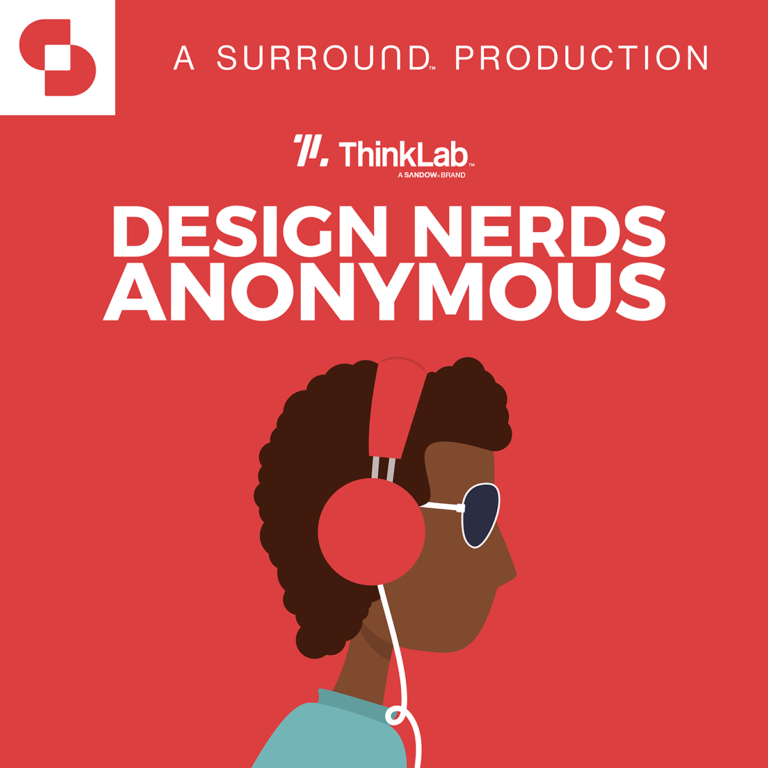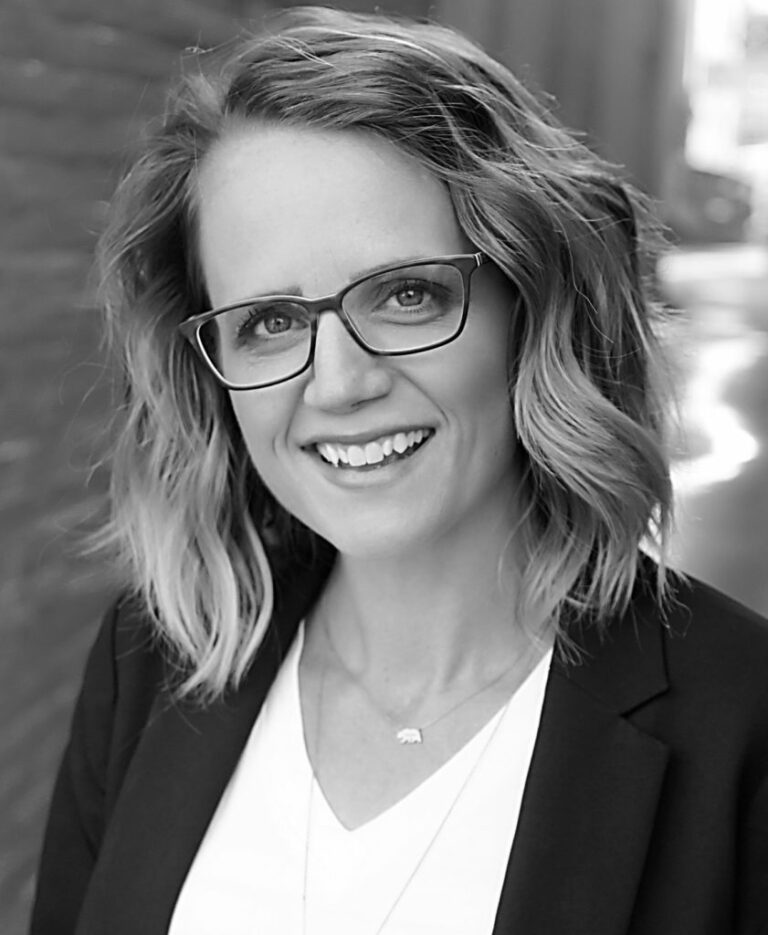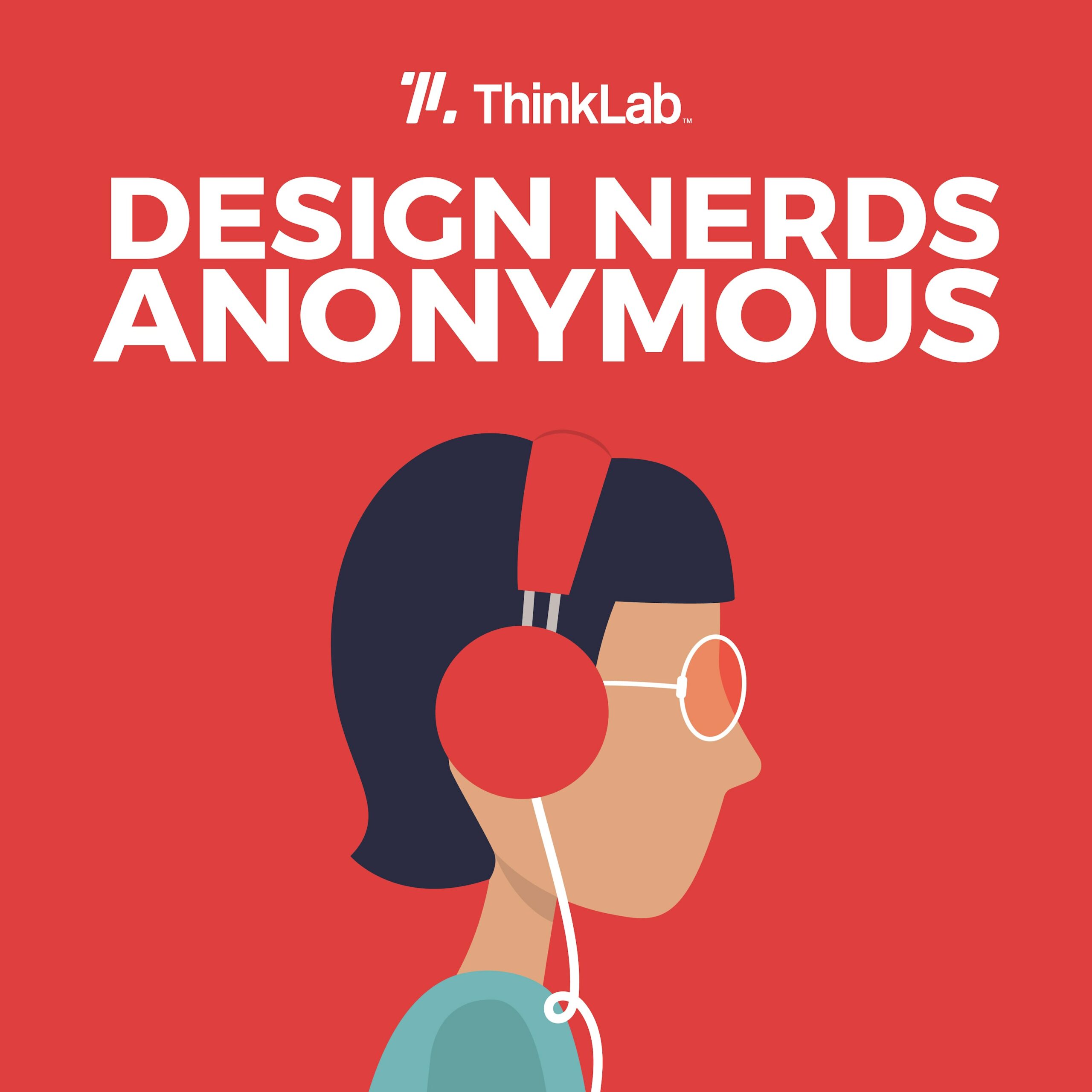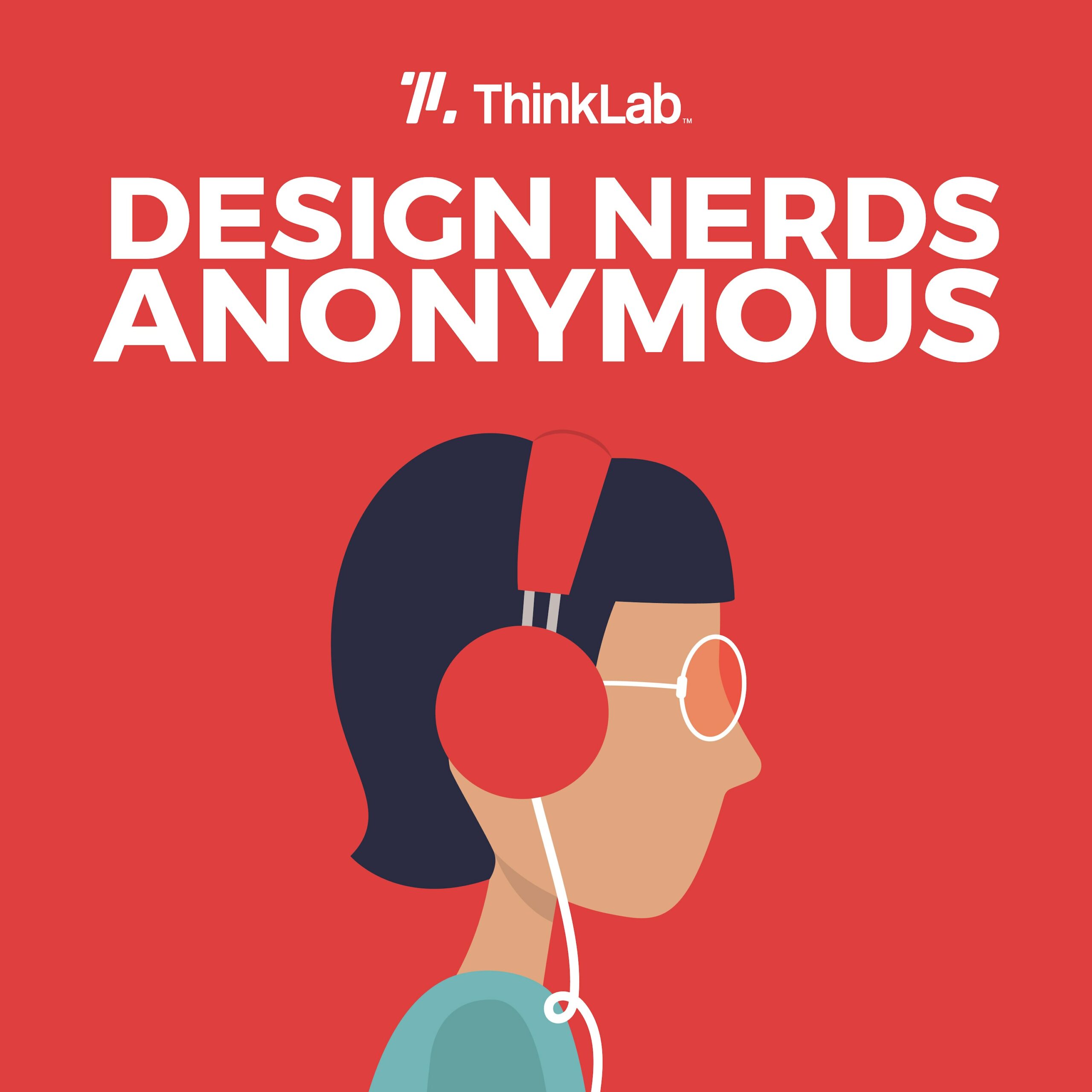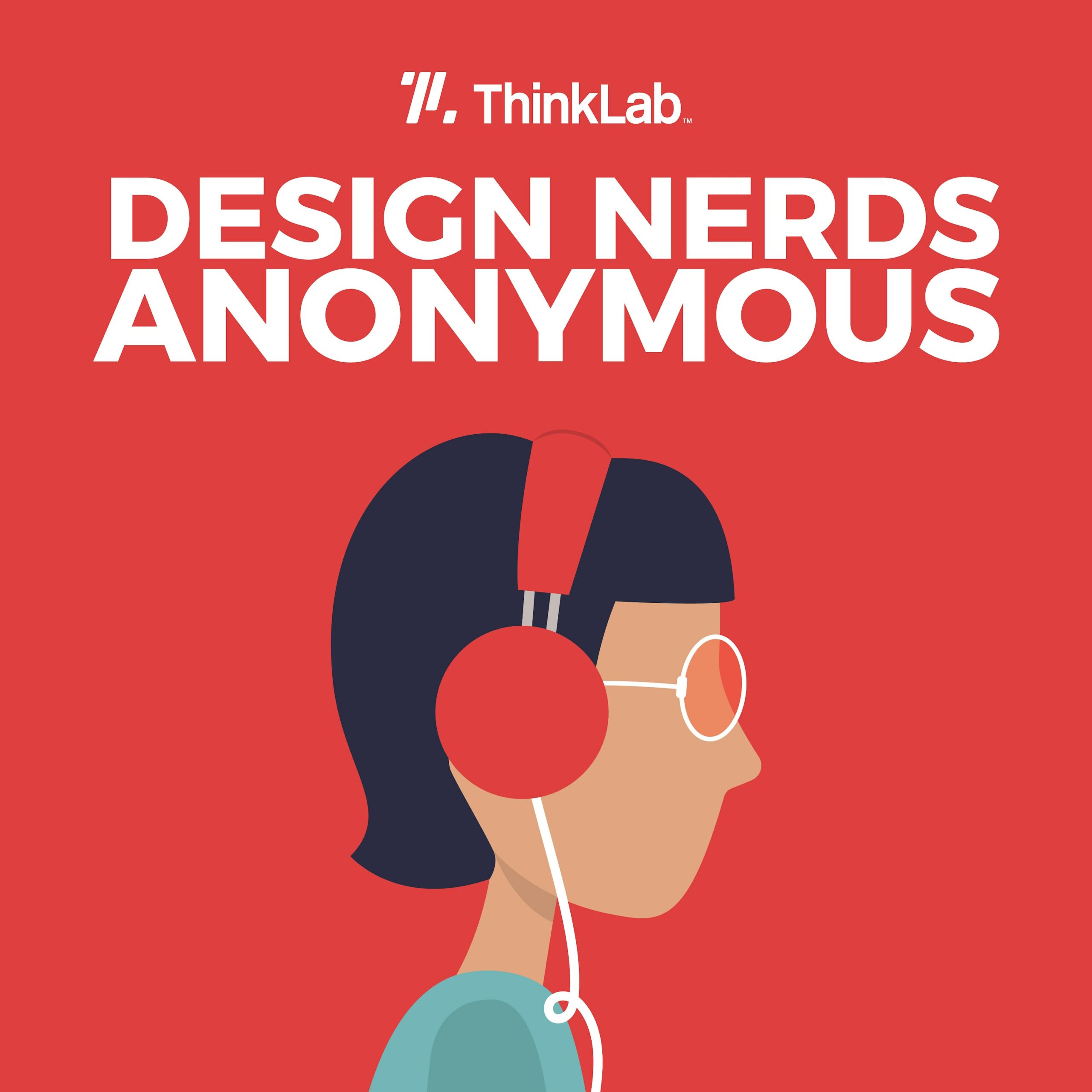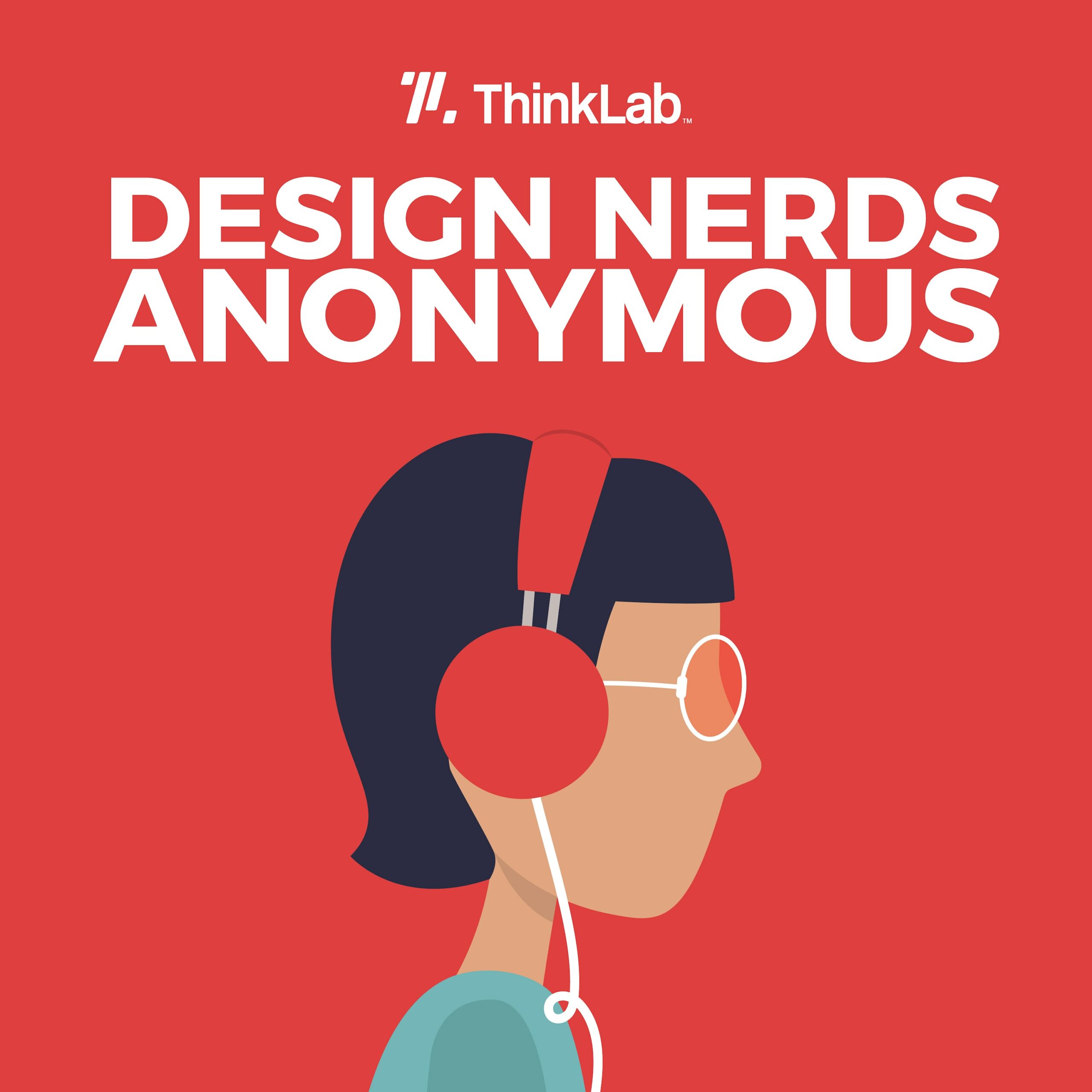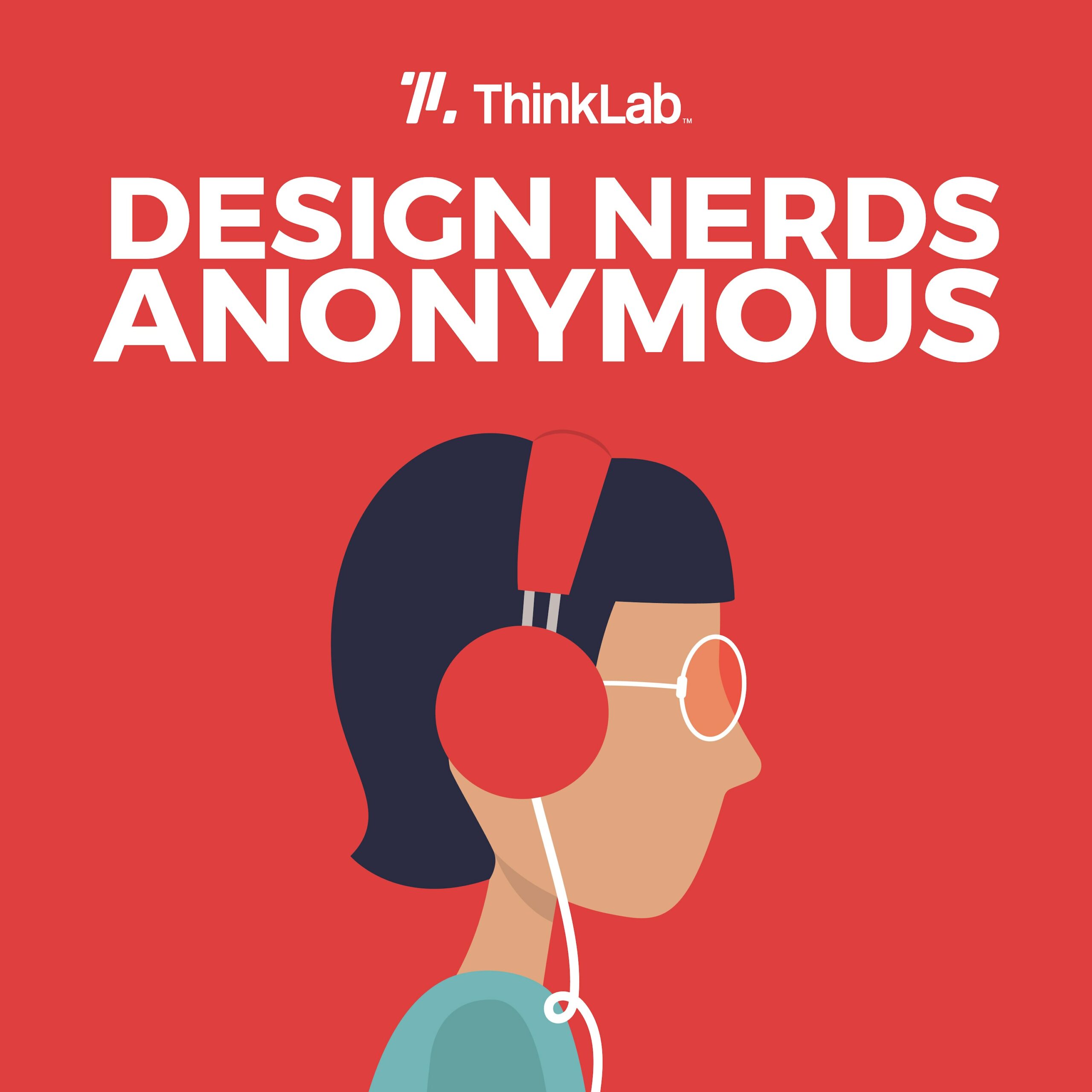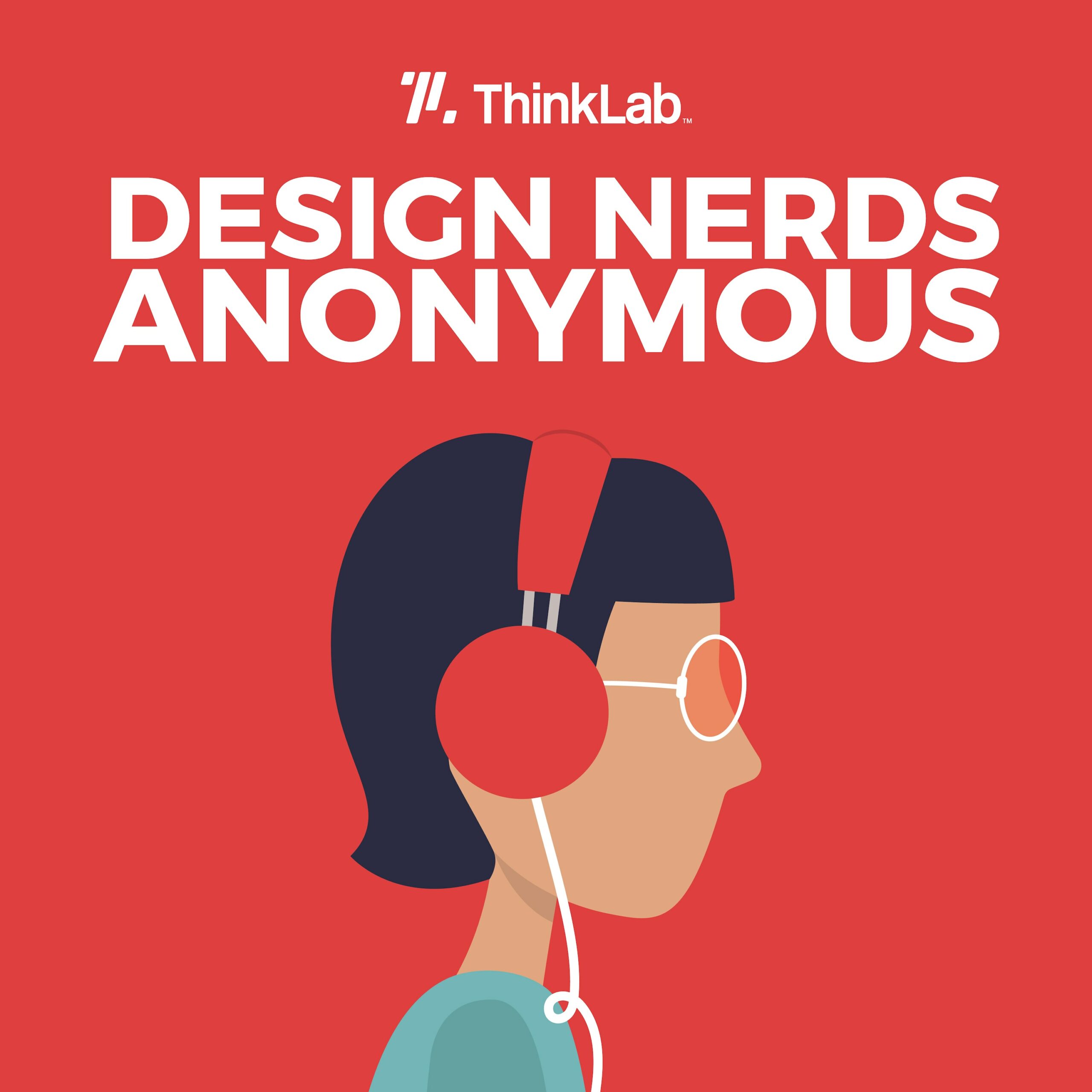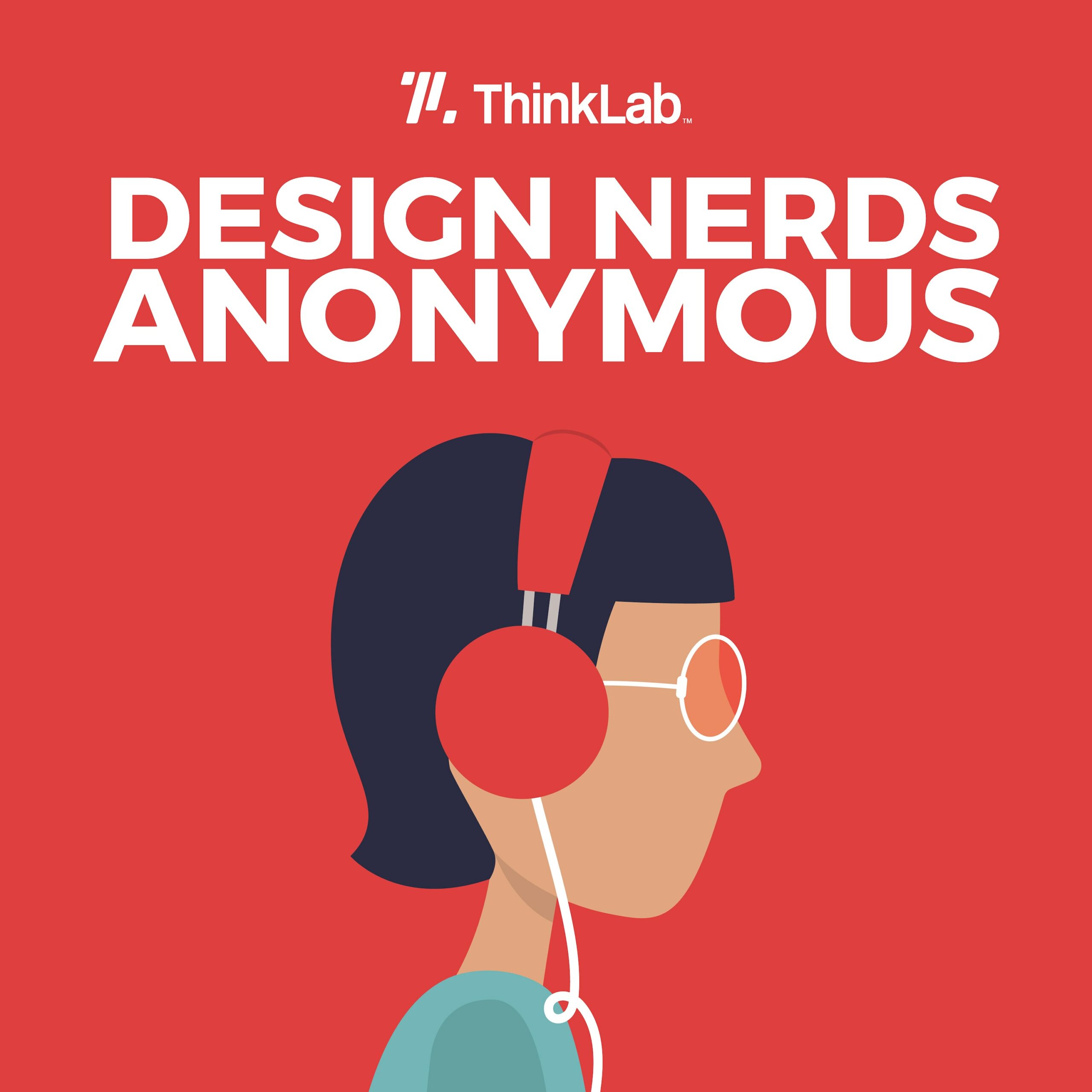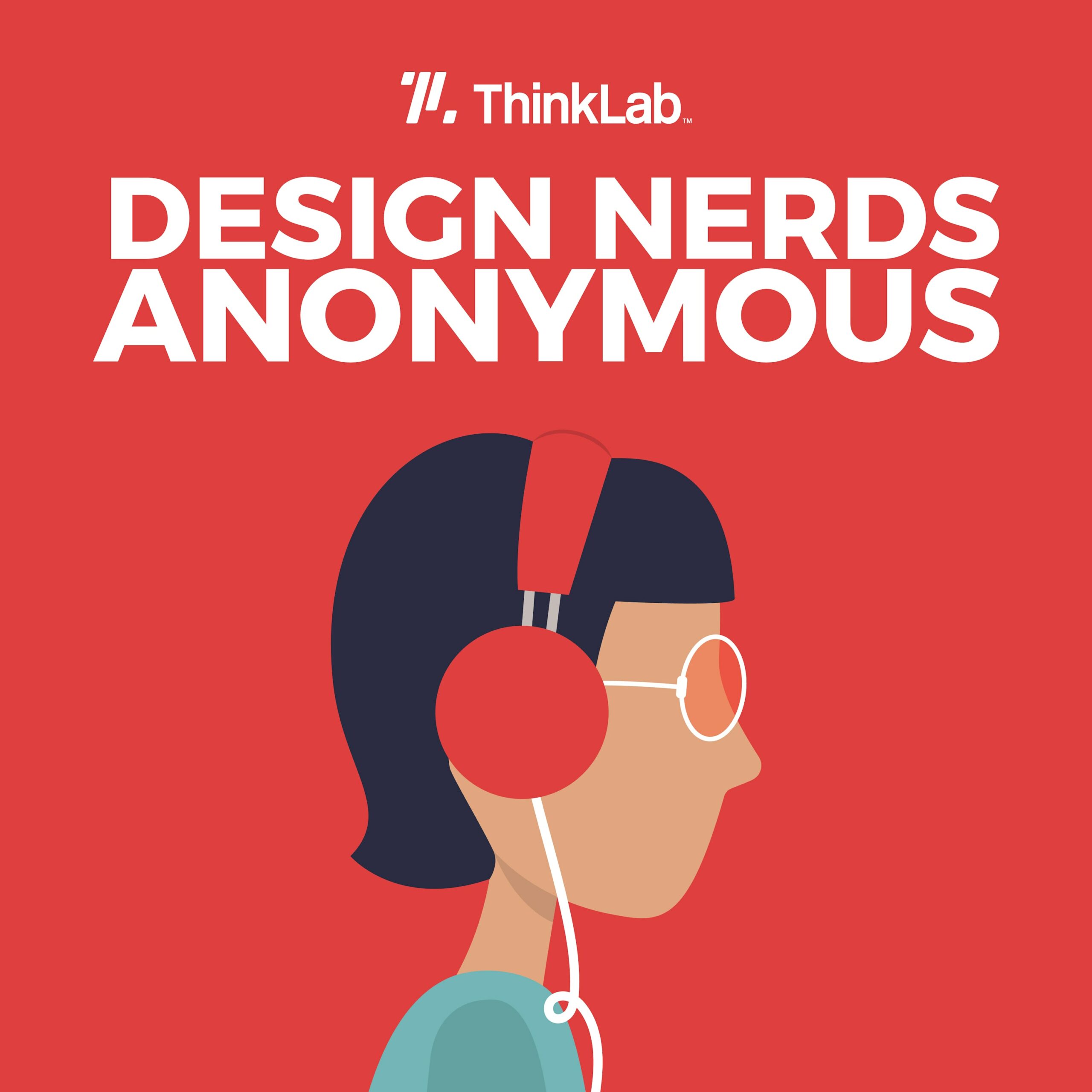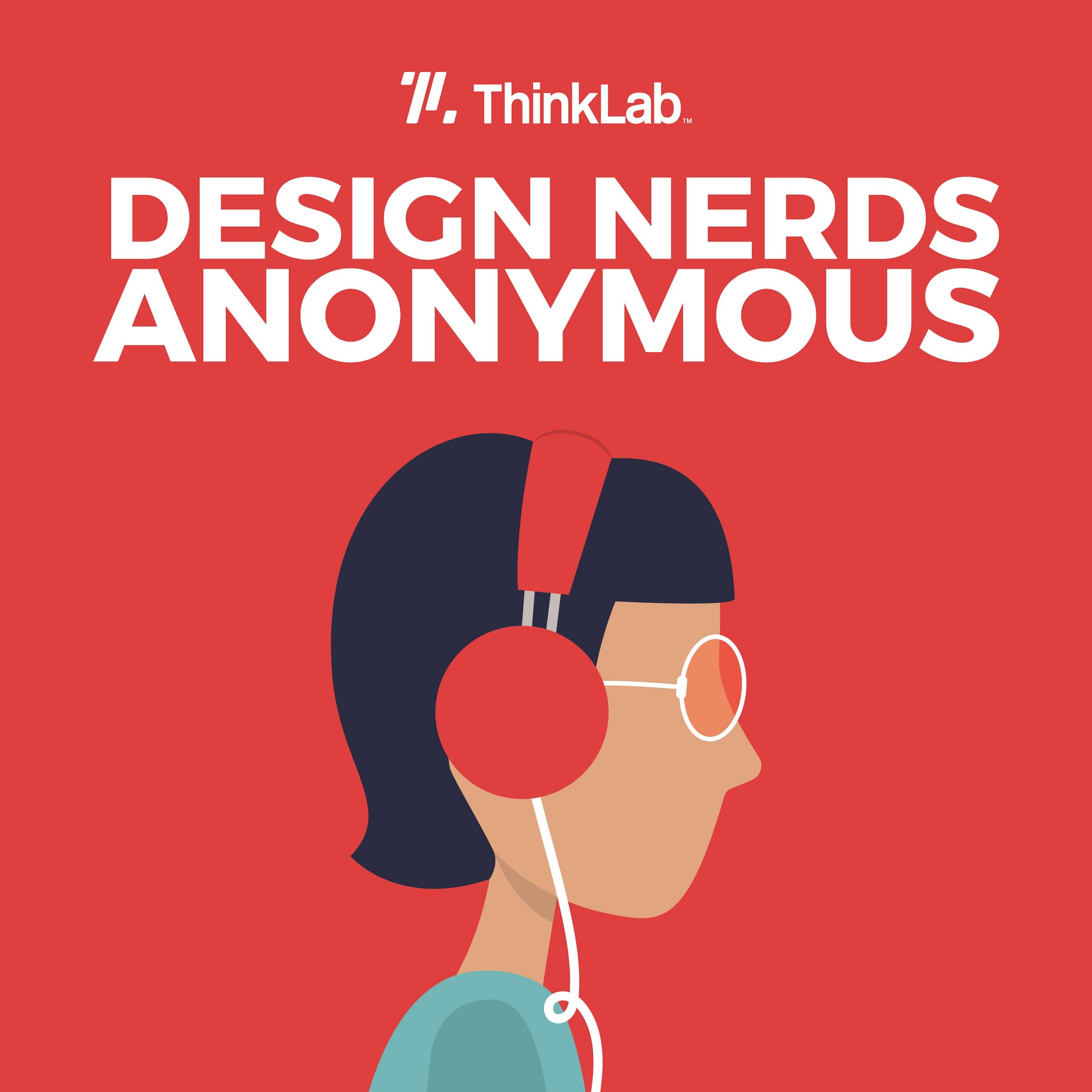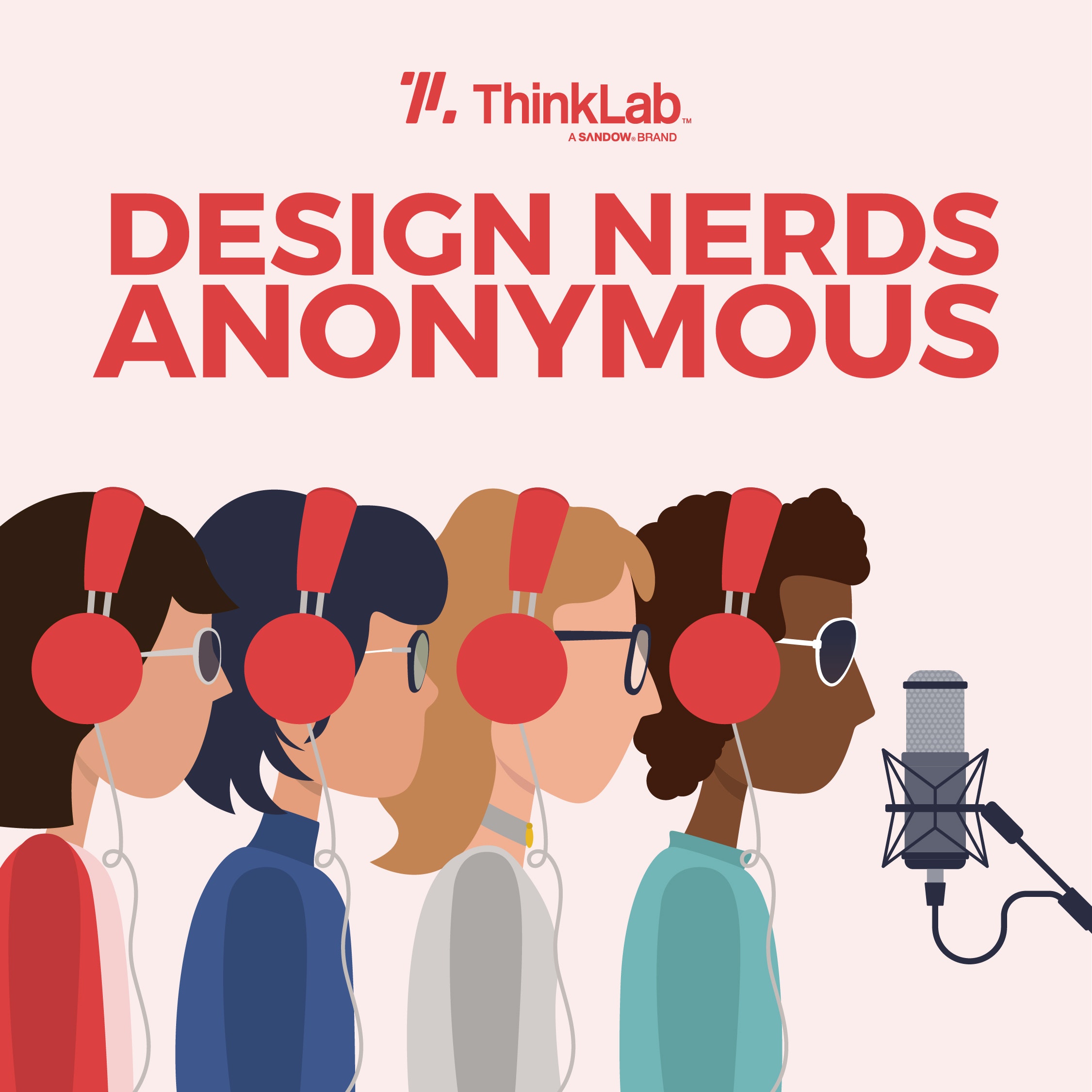In this enlightening episode, Amanda Schneider, Founder and President of ThinkLab, and Cindy Kaufman, VP of Marketing at Mannington Commercial, delve into the profound influence that designers hold in shaping our future. Through engaging conversations and insightful data, they uncover the unique perspective of Gen Z. Underscoring the pivotal role of their decisions in shaping industries and experiences.
Key Takeaways:
- Explore Gen Z’s distinctive outlook on the world and their concerns about the future.
- Recognize the supportive role of technology in enhancing interactions while valuing tactile experiences.
- Uncover Gen Z’s demand for meaningful returns on their efforts and its alignment with evolving work trends.
Throughout this engaging conversation, Amanda and Cindy weave a narrative that intertwines purpose, relationships, and technology, illuminating how these elements collaboratively shape the trajectory of the design industry. Their dynamic dialogue underscores the symbiotic relationship between innovation and human connection, inviting listeners to join the evolving narrative of design’s transformative impact on our world.
(Please excuse any grammatical errors in this transcript as it was auto-generated from an audio file.)
Cindy Kaufman : [00:00:00] We’re recording Live from the NeoCon Podcast studio, powered by Surround and sponsored by Snap Cab.
Amanda : That was Cindy Kaufman, vice president of marketing at Mannington commercial and one of our sponsors this season. At the time of this interview. She was only eight days into her tenure with Mannington. I’m Amanda Schneider, founder and president at ThinkLab and your host. Today, we’re going to give you an exclusive glimpse into the heart of Design Nerds Anonymous and the passion behind this project.
I hope you enjoy it.
Cindy Kaufman : One of the reasons that I joined Mannington was because I felt like the values were really aligned.
Everybody makes products. So what are you really getting out of the relationship? We are in the relationship business. All businesses are relationship businesses, probably the good ones, but we are in the relationship business designers are specifying products.
They’re not buying them. So there’s a really different nuance between specifying a product. Because of a relationship [00:01:00] and all of the ultimate requirements and goals that go into the project versus purchasing something.
So how do you influence and partner and collaborate and promise who you are to someone who’s not buying your product, but is telling someone else to buy it?
I used to say when I was a rep, I sell stuff to people who don’t buy anything, right? and they have a lot of power, and it’s a changing world. There’s, the sustainability story, which I really want to find a different way for people to understand why sustainability is important it’s really like an earth promise, earth-first thinking, but you’re talking to people who don’t buy anything, so how do you convince them that your Earth First mindset and the products that you offer and the service and the commitment that you bring to the industry is something that we want them to put our name down on a piece of paper that someone else is going to pay for.
Amanda : this whole season of the podcast is built around enabling them to have some really critical dialogues in their business.
this recent [00:02:00] hackathon that we just came out of is all around Gen Z. And we are going to be bringing this research to life this season thanks to all of you to really say, how can you help them leverage this for their own business? And I feel like the design community is so heart forward.
And they love to really think about these tough concepts for their clients. And what you’re enabling them to do now is take all this generational research, not as a like, da, da, da, here’s what we learned. but more as a foundation to allow them to have some really meaningful dialogues and cross pollinate some of these concepts.
Cindy Kaufman : There’s a lot of responsibility in their hands. They are making decisions that are going to impact people for generations at a minimum for decades. but also think about the types of people that they’re going to impact. It’s it, it’s not just workplace, right? Like they’re making decisions for people who are in healing environments, for people who are in aging environments.
I feel like there’s this accelerated, learning that has to take place so that they really have a solid understanding. [00:03:00] we use, the industry uses the phrase end user when they’re really talking about like the owner of the space. I always think of the end user as the o occupant of the space.
I come largely from a hospitality background and I always refer to the guest as the end user. If you’re thinking about somebody in a healing environment, the patient is the end user. So you’ve got a Gen Z designer making decisions that have a huge impact on people’s lives, on people’s healing, on the planet.
Cost, timing, can you imagine, I didn’t go to design school until I was 40. I cannot imagine having made those choices when I was in my twenties. I cannot.
Amanda : And it’s funny because when you talk about Gen Z, one of the reasons they believe that they have been labeled Gen Z is because they believe that they’re the last generation before the apocalypse and we destroy the earth.
So there’s a positive note for you, but our statistics say the average designer has about 26 times the specification power as the average American consumer has buying power.
Cindy Kaufman : Say that one more time.
Amanda : Okay. [00:04:00]
The average. Designer has 26 times the specification power as the average American consumer has buying power.
And when you get into the interior design, giants of Design, the average interior design, giants of Design has 111 times. And if we calculated that for the top 25 or the top 10, that would be even more impactful. So their decisions matter.
Cindy Kaufman : Absolutely there’s, and that’s a big weight on your shoulders. So how does Mannington commercial as a partner, as a committed collaborator and believer in what they’re doing and in the ultimate end use? How do we serve them better? How do we prepare them? How do we give them the right information?
How do we give them the right solutions? that’s a given, right?
Amanda : But let’s assume then that we’ve given them the right solutions. How do we also support that decision making and prepare them I want to go back to this partnership thing.
Yeah. Because I think that’s [00:05:00] really important and connect. It to, we’ve done all this research on Gen Z. We have nine different topics that are going to make their way into various episodes this season where we invite outside the industry experts in to talk about how we need to look at our own businesses, how we need to activate Gen Z, one of them is the authors of how the future works, which are, I don’t know if you’ve heard anything about the Future Forum. that has amazing statistics, we get so lost in this where we’re going to work and are we back to the office?
Cindy Kaufman : Are we in the office? Are we not? I know she’s making a face and I agree with her face. we get lost in this where we work. But they found in their surveys, people actually want more flexibility in when they work even more than where theywork. so I’ve got a lot of thoughts on this.
number one: Who doesn’t work around the clock?
If I hear one more, thing about technology and I came up before even email outside of company.
We’re all tethered 24/7 Now we have to teach people how to have a work-life balance.
So don’t even get me started on who’s not working enough, because that is an American construct [00:06:00] that I think is the highest level of bullshit I’ve ever heard in my
Amanda : Thank you for saying bullshit on my podcast.
Cindy Kaufman : I told you, you’re going to have to bleep my whatever. so that’s number one. Everybody’s working all the time.
So if you are a company and you don’t trust whoever you’ve got working for you, then you have no business hiring them. But secondly, and this is a phrase I cannot take credit for, but I am saying it all the time,
I just recently read the phrase r o c, which is similar to roi,
which everybody loves to talk about. Roi. R O C is return on commute.
Amanda : Ooh, I like it.
Cindy Kaufman : So I want to know, what is the return on commute? what are we expecting people? To experience, to deliver, to do with one another if there is no r o c, and that’s the question they’re asking.
They may not be using that phrase yet, but that’s what they’re asking for look, I’m not Gen Z. I think that’s obvious, but I want to return on my commute. I have always [00:07:00] been more of a futurist, more of a progressive thinker. I’m Gen X, but. I don’t want to go in the office for no reason.
if I’m not having some real experience or real exchange that not only am I giving, but I’m receiving, then there’s no return on that commute. I think the receiving piece is the piece that’s missing, right? employers demand, and demand, but I think Gen Zers are the first generation that are demanding back.
I want to receive something. What am I getting out of this?
Amanda : I want to build on that because I think they’re maybe not the first demanding it, but they’re the first that have the means to do something about it.
Yeah. Because I think that’s why millennials had the reputation that they did. And that’s why when I say general relational research, people are like, Ooh. Because of what we did to the millennials. we said, millennials want this, but but they didn’t have the ability to do something about it.
Now if you look at this digital age, the age of access, our gen Zers can do something about it. There’s the gig economy. with one of [00:08:00] our, season five interviewees, Hannah Grady Williams. I am joining a parent advisory board for her program skills. That is, Teaching, young Gen Zers from the age of 14 to about 22, I think, to leverage chat G P T to build businesses.
So my 14 year old son this summer is entering her competition and will be building and launching a business in a matter of months. Leveraging chat GPT and these Gen Zers have access to do this. We were just on a panel, we’re recording this, live at NeoCon 2023, and we just had a panel and someone in the audience said, what’s going to happen, with all of this, when the shift happens to favor the employer again, right now we’re in a shift where the employees are in demand.
What happens when it shifts back? And I said, For Gen Zer, I don’t think it will because of their access and their ability to shift.
Cindy Kaufman : I agree. And because they also have just been bold enough to use their voice. what I’ve watched in my [00:09:00] career is the generations before you tell you how things are and this is how we used to do it, and now, these are a generation of people who are not afraid to ask for what they need.
These are people who are really in touch with who they are. They are in touch with their emotions, and let’s be clear work and all the other things like
again, these outdated ideas that you would leave your emotions at home or anything like that is, it just doesn’t fly anymore. There’s no way that lands because we are human beings. And human beings. Of course, want. Human connection but there’s no reason to think that you just then walk into a work environment and you leave all your humanity behind and you just, serve this employer blindly that I just don’t think that’s a thinking mode anymore.
Amanda : love that you used the word blindly, cuz I want to drop some of the bombs that came out in this research because I think Gen Z has a reputation for lacking loyalty. And one of the ahas in our research was Gen Z doesn’t lack [00:10:00] loyalty, but they do lack. Blind loyalty. Yeah. And one of the things they called out were outdated mindsets. They called them antiquated mindsets of two and 3% raises when inflation is doing what it’s doing.
Cindy Kaufman : this stuff resonates with me so deeply. I have always been someone who has been very in touch With who I am I trust my gut, I experience my emotions.
I don’t try to. Snuff them out.
I don’t want to be told what to do. I want to collaborate. And experience and push excellence with the people that I trust and believe in. I’m going to tie it back real quick to Mannington because I feel like Mannington so far in the eight days I’ve been here. I can feel that is palpable.
You spend, more of your life at work with your coworkers than with your family.
So why wouldn’t you tap into the things that make you human? And by the way, those are the things that make people good at their jobs. I don’t care what you do.
Amanda : I love where you’re taking this thread this is a relationship [00:11:00] driven industry and it’s definitely getting more digital how we.
Deliver those relationships might be flexing a little bit And we’ve talked a lot about that on this podcast, but when you think about your reps, you think about, them making relationships with some of these clients that are going to be listening in to this season
what do they need to know about Mannington, about how that process happens, about how they bring this humanity and culture that you’re talking about, even into those interactions.
Cindy Kaufman : Let me start by saying that my belief about technology is that the role technology should play is a supporting role.
I think there’s a misperception perhaps that technology will take over for anything. Technology should be in a supporting role. Technology should make things easier and faster.
But especially in the design industry, the need for physical touch and samples in a tactile industry will never go away. So how does technology support, speed to someone’s hands, right? Like it doesn’t replace it, it supports, it gets it there [00:12:00] faster, but then ultimately in it’s really the responsibility of the.
The sales rep to build the relationship to then take it from there. So this isn’t like a one for one, like you exchange one for the other. it’s like on a continuum and you begin a journey in one place. But if the journey doesn’t end with some human interaction, then I don’t think it’s really going to succeed.
Cindy Kaufman : And at our core, we’re all people. And okay, we’ll label US consumers. And I don’t care if it’s a B2B relationship. Everyone is a consumer in that, definition.
So you need to treat them like consumers and. Consumers want to be understood. They want to be met where they are. They want to have their needs fulfilled. like we talked about earlier, so much that’s on their shoulders that’s required for them to make those selections.
Mannington commercial and any sales rep from their company is the subject [00:13:00] matter expert of their product.
And a designer cannot be, that subject matter expert, nor should they be expected to be. So Again, it’s like we have to bring that information to them and technology can help. It can get you part of the way there. It can bridge a gap that may be used to exist in just how long it takes to get things to people.
But now it really behooves the sales reps to go in and be that subject matter expert and explain all of the nuances to how a product performs or.
What it’s going to look like on the floor in five years and how it needs to be maintained and how it’s going to support the real end user. How it’s going to support the environment and what is being expected of that environment.
Amanda : Because we have expectations of the environments. We’re there to do certain things, so how does the flooring support that? And it’s our job to tell people that, to tell designers that they can’t be expected to know that. one of our phrases is, help me, don’t teach me.
Cindy Kaufman : Yeah. Right. Because I think we come from an era that was like educate, [00:14:00] educate, educate.
And in this day and age where 15 minutes is the new hour we have to be a lot more time efficient. I think that is a lot of the research that has gone into this is how to create these digital journeys, especially for digital natives.
Amanda : And one of our interviewees this season talks a lot about digital natives versus analog natives and how those buying journeys, as you talk about, consumers are very different depending on where you quote unquote grew up.
Cindy Kaufman : Exactly.
Amanda : And I think we all operate under this golden rule. Of treat others like you’d like to be treated, but if you treat an analog native, like a digital native, it’s going to be a negative experience.
And vice versa. Vice versa.
Cindy Kaufman : Yeah, exactly. The other piece I would layer onto that is about experience, right?
help me. Don’t teach me. But then the layer on top of that is how do I experience what that is about?
And that’s where the relationship comes into play.
So how do you create something that’s experiential, that they’ll remember that forms some sort of emotional connection to them that they can lean into?
And that’s, to me, is the additional Helping me and then letting me [00:15:00] experience something that changes my thinking.
Amanda : I want to make sure we talk a little bit about, this season of the podcast and what excites you about what Mannington is gifting.
To your clients. So let me just run through a few of the topics We did the six months of research with all these interior design giants of design. And so it’s things like creating culture. We’re talking about gamifying career paths for these firms and how they can help do that.
We’re talking about purpose and really. Instilling a purpose driven culture, how to do that. We’re talking about new ways of learning and new ways of thinking about learning that involve different forms of self-serve and really leveraging the human elements for what they’re leveraging. we have this generational expert, Hannah Grady Williams, she’s a Gen Z advisor to CEOs. We even have a Google expert on belonging. Oh. she works for, the Google xxi, which is a Google Experience lab. that is all about Google events and blending the physical and digital to make a meaningful experience where everyone feels that they belong.[00:16:00] So with her, we’re exploring relationship building. So my goal, As the, puppet master of this season and all of these amazing people. For each of these episodes, we have a outside of the industry author that is bringing. Some level of expertise. Most of them have written books this season. We’re bringing these outside voices but then we’re coupling chapter two interviewees that are from these top 10 interior design giants of design who have, to me this exponential power because they’re not only applying it in their own businesses, but they’re able to shout this to all of their clients that are going to be able to apply these concepts in their business.
And you are the enabler. Of this season to bring this great insight.
Cindy Kaufman : we’re really excited to partner with you guys because I feel like that’s, what this is about. partnerships happening at all levels. the part that really. Resonates with me and jumps out at me, especially as I’m very new to the Mannington family, is about purpose.
We’ve just released our first ESG report sustainability and our Earth first mentality. Is really going to start taking a front seat. we openly admit that we are not there yet.
No one is. This is a journey that we are all on together. This is part of our purpose. This is something that we are infusing from every level of the organization, and we want to help our customers understand what we’re trying to achieve and how they can help. Along this journey by making the right choices, by putting the right products in place.
So, in us partnering with you guys and bringing this content to life and this research to life really helps, I think, solidify that understanding that we all should be marching along on this common purpose. Because if not, we’re not going to have any place to live for a lot longer. And, that just speaks to, how we view the world and how we view ourselves within the world.
which I just love. the [00:18:00] values that Mannington commercial has about, doing the right thing, controlling our own destiny, work hard, play hard, these are the values that our company lives day to day. But our purpose is really
the foundation of all of that. And we want to connect with our customers in a way that brings meaning to what they’re doing.
It’s hard to say that this is a big responsibility, but maybe if there’s a softer way to help them understand their place in what we’re doing and what impact they can have on the world, then we’re happy to be able to Bring that to life.
Amanda : And I think then to bring that to life, not only for their businesses, but to exponentially affect, if you can, through efficiency and process and through how your reps work with them in this relational way now.
Empower smarter decisions, smarter product choices that have that 26, that 111 times to impact the industry overall.
Cindy Kaufman : Absolutely. Those statistics are mind boggling. I’ve never heard that before. that’s crazy. [00:19:00] But it’s. Really powerful. I feel like that should be plastered everywhere.
how do we convince designers that the power is theirs?
Amanda : I think they know they have the power. I think they just don’t have the time.
Cindy Kaufman : That’s a great point. And that’s another reason that, our sales reps are out there supporting them.
That is what managing commercial is here to do. And we should be putting time back in their day. just like technology is, but from a different perspective.
So how do we harness all of those resources, technology and people and relationships and really push that into creating, more space and time in someone else’s life. And then ultimately having, A really good outcome for the real end user.
Amanda : Design Nerds Anonymous is a proud member of the Surround Podcast Network. Discover more shows from Surround at surroundpodcasts. com. If you love what you’re hearing, make sure to follow our podcast so that you never miss an episode. Over the next eight episodes, we’re going to share some fascinating insights within our [00:20:00] industry and beyond that you won’t want to miss.
This episode of Design Nerds Anonymous was produced and edited by Sandow Design Group. Special thanks to the podcast production team, Hannah Viti, Wize Grazette, Rachel Senatore, and Samantha Sager.

